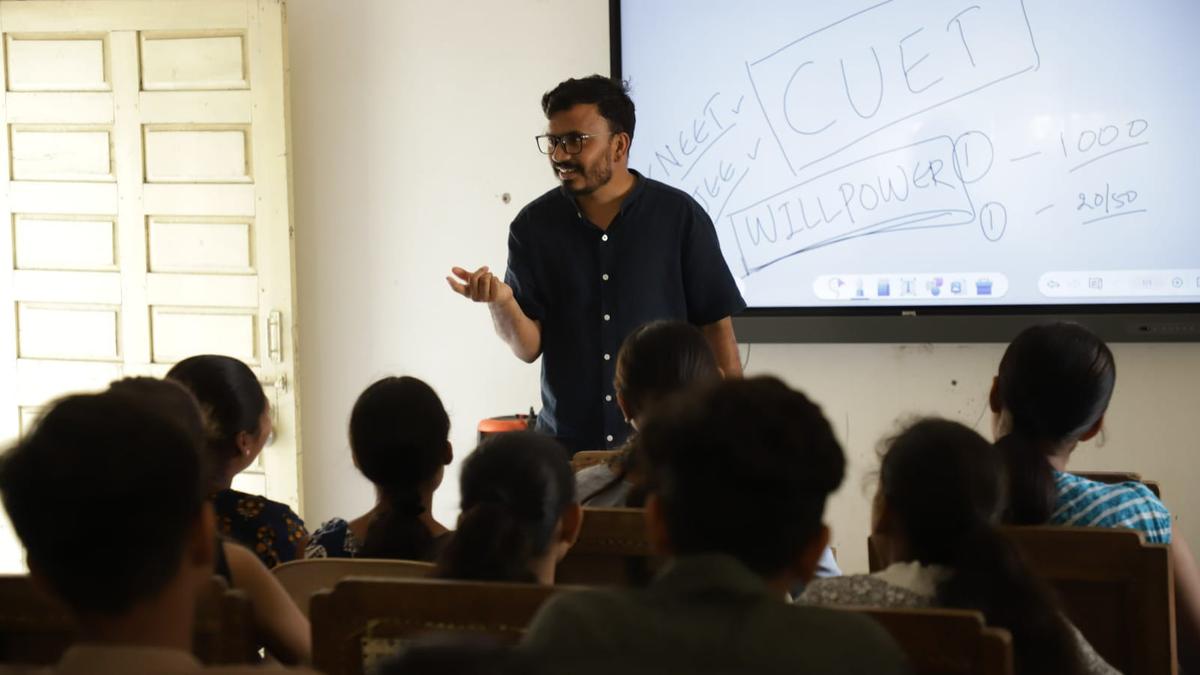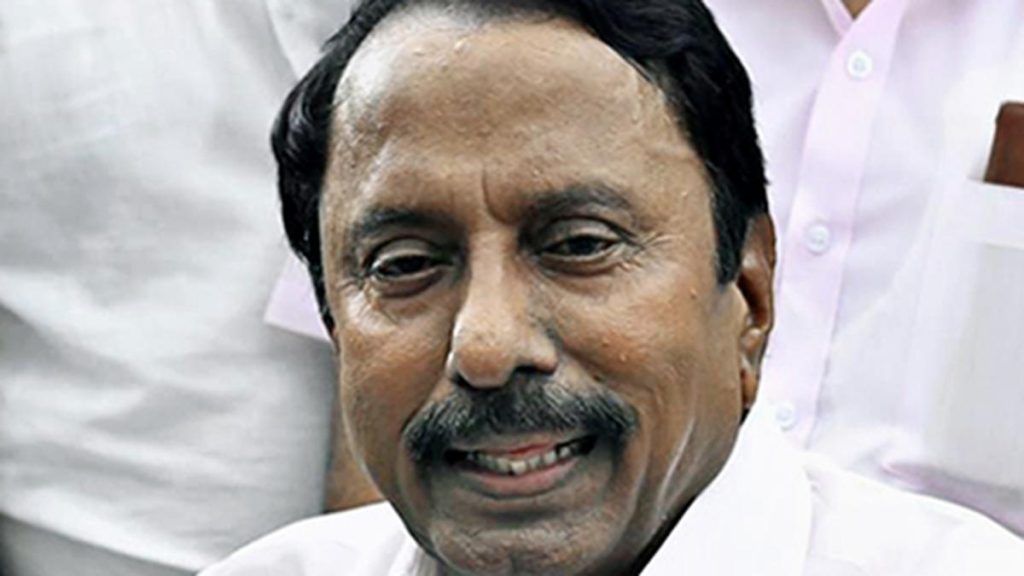Now Reading: Tribal Youth Who Educated 2,000 Others Seeks Support for His Mission
-
01
Tribal Youth Who Educated 2,000 Others Seeks Support for His Mission
Tribal Youth Who Educated 2,000 Others Seeks Support for His Mission

Quick Summary
- Raju Kendre, a chevening Scholar and alumnus of Tata Institute of Social Sciences (TISS), runs the Eklavya India Foundation, which empowers marginalized communities in India.
- Over eight years, the foundation has reached five lakh Dalit and tribal youths across 25 states, many being first-generation learners.
- The initiative facilitates access to higher education for Scheduled Castes, Scheduled Tribes, Nomadic Tribes/De-notified Tribes (DNTs), and Other Backward Classes via workshops and mentorship programs.
- The foundation has helped 600-plus alumni secure admissions in prestigious national and international institutions with scholarships crossing $7 million USD. Examples include students now pursuing degrees at Harvard University.
- Raju Kendre’s personal challenges as a first-generation learner shaped his vision for creating educational opportunities for underprivileged students. He emphasizes addressing structural barriers in India’s meritocratic system that exclude marginalized communities.
- The annual expenditure for Eklavya Foundation is Rs 1.5 crore; support comes from echoing green Fellowship, Nudge Foundation, Mariwala Health Initiative, CSR contributions, and donations.
- Plans to establish a central institution on tribal-dense lands are underway but require robust institutional funding.
Image:
!Raju Kendre
Caption: Raju Kendre runs the Eklavya India Foundation for marginalized communities.
Indian Opinion Analysis
The efforts of Raju Kendre through the Eklavya India Foundation speak to how grassroots initiatives can tackle systemic inequality by providing empowerment through education. This initiative aligns well with India’s constitutional aspirations of ensuring social justice by bridging gaps between dominant societal structures and historically disadvantaged groups such as Scheduled Castes (SCs) or Scheduled Tribes (STs). Though, it’s reliance on external funding raises concerns about sustainability without broader institutional support or long-term policy integration.
While examples like Nazar Mohideen and Eknath Wagh succeeding at premier global universities reflect measurable impact on individuals’ lives-and could inspire transformative leadership-the issues highlighted by Mr. Kendre regarding inequality within elite educational systems remain pertinent nationwide.
Further government investment into localized hubs focused on equitable higher education access-notably within tribal belts-could complement efforts like Eklavya’s work while alleviating financial constraints faced by foundations such as this one striving for structural change.
Read more: [link not provided]
























